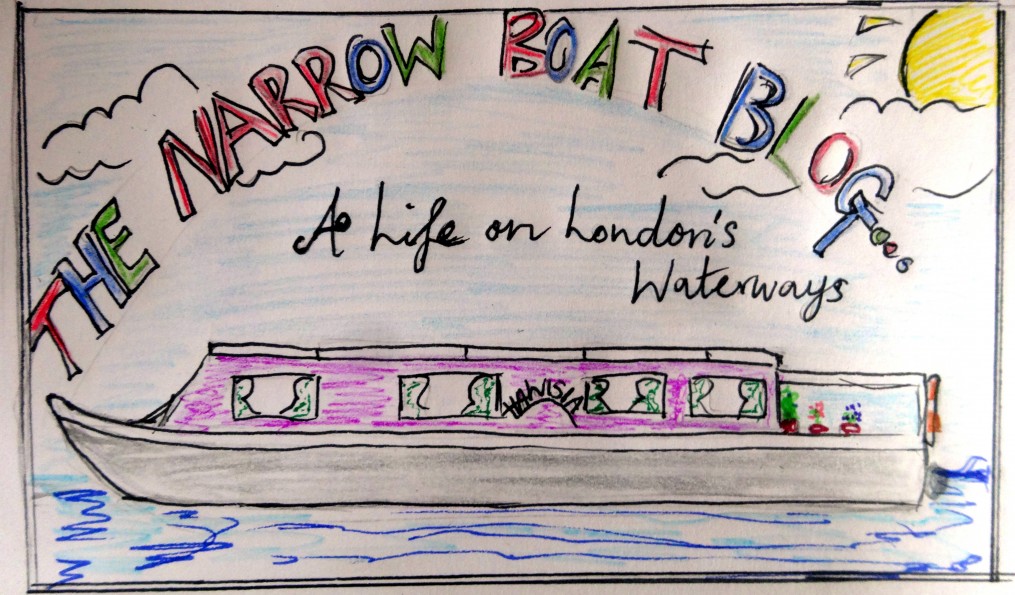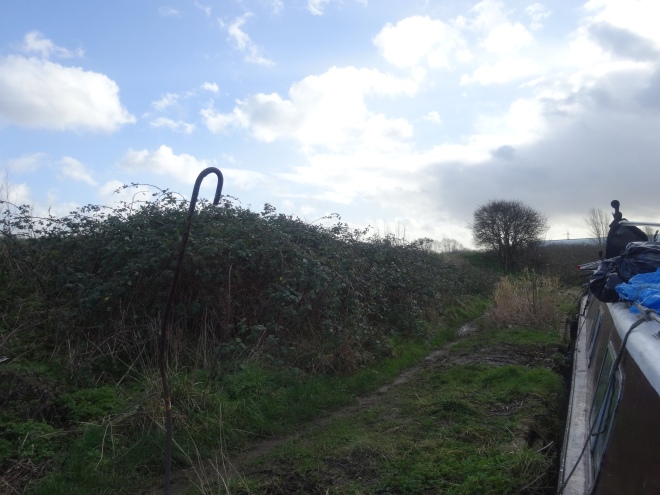A few rickety metal chairs and a pile of ash are the only clues remaining now, come Wednesday, of the vast Party celebrated on the banks of the Lea last Sunday for Patrick’s fiftieth birthday party. Even on Tuesday, fingers of smoke were still escaping from the mighty bonfire and the dying embers buried beneath cinder and ash, as if hanging on to the memory of the Party that had conjured them into being. Then and there, in the prosaic morning light, it seemed sadly out of place, like a reveller stunned among the rush-hour crowds. The secret labour of a fire becomes self-conscious and ridiculous in the white morning sun.
The Party was a magical, festive event that belonged more to the cannons of make-believe than real-world experience. In spirit It resembled a glee or village fete – an occasion enjoyed by all age groups; with at least as many animal attendees as human ones. Since I have Northern Lights particularly in mind after teaching it to my Year 8s, the Party was not at all unlike one of the Gyptian “ropings” – a grand river gypsy synod – in which river folk from miles around descended upon the small 60 ft radius of Patrick’s boat in travelling teams of barges, wide-beams and narrow boats. The king of the occasion, Patrick himself, was unmistakeably preeminent in burgundy corduroys, a pair of clown-like converse shoes, a small black Trilby hat and a pair of elasticated braces. His face – browned and wrinkled with age and the strains of river-life – was transported into a welcoming and open smile that stayed with him the entire night, and seemed to deepen and widen with every glass of vodka, tumbler of wine and roll-up cigarette. A hundred boaters had come from all the corners of London to celebrate with Patrick, and Sunday day and night belonged to him.
I first got wind of the event when I was sitting out on deck on Saturday. I could see a man splitting a large pile of logs outside; each dull crack announced another deft swing of his axe. Then the man approached me – the same mad, friendly smile –
“There’s going to be a party here tomorrow night,” he said cordially, he was a new neighbour after all. “Just to give you due notice. It’s my birthday, so it will probably go on till late.”
The night of his birthday was a Sunday night, I thought uneasily of the inevitable pile of marking and lesson-planning that awaited me for Monday.
“I imagine that we’ll come and say hello!” I rejoined, and he nodded his head encouragingly, then wandered off to split some more logs.
Some people ask what the river-side community is like, what my sense of it is. Frankly, from what I have seen, in the winter the boating community is largely invisible. Cold weather and inhospitable conditions force boaters inside to huddle round their coal fires and wood-burners. It is a dull, hard struggle, especially given the infernal damp that arises from persistent rain. But river-life, like some many other things, comes into its own in Summer. Then the river bank explodes with all the colourful creatures hemmed in by the winter freeze; the thaw brings newly-planted flowers, the herby scent of pot, the lyrical strains of music floating in through open shutters and cabin portholes. I am sure that given enough experience and friends, social life on the river could be ever-green, and one could cultivate the kind of floating community around oneself that Penelope Fitzgerald describes in the scruffy, yet dignified account of her Thames life in Battersea Reach.
One of my most envious and intriguing moments on the Lea River, however, occurred in the dead of winter. Gideon and I were cycling back via The Princess of Wales beside the Hackney Cut, towards our boat in Hackney Marsh. As we approached the Filter Beds the sound of thumping guitars and accordions dimly perceptible in the funnels of wind that crashed around cheeks and ears, became louder and louder. Before long, the genesis of the sound was evident: there it was afloat in the river, an unmistakeable open-air party boat, dazzling and glittering on the black river.
The Butty had been created from the shell of an old narrowboat converted for the purposes of primordial enjoyment, with old army-style canvases unfurling down from its sides and lanterns made from jam-jars bobbing around from the makeshift roof. Every inch of the floor space was occupied with chairs and sofas, and revellers lounging with beer or playing music. A pacey reel was heard, played by experts with native ears – the manic chitter of the fiddle, the rhythmic strumming of guitars; the persistent airy sighs of the accordion. As we cycled by, I was filled with longing to be part of that scene, sitting companionably among the music and the chatter, in the comforting heart of river life. But of course we did not stop – pride, fear of the known – and instead pedalled dutifully back to Hawisia.
Now, months on, the party had come to us. I knew exactly what would happen as soon as I saw the large forest-green wide-beam with the famous adjoining Butty moored up beside us. A sign as unmistakeable as the circus marquee, the gilded gypsy caravan or the travelling magicians with fish-eye lenses that Marquez describes in the opening of A Hundred Years of Solitude.
That night I felt a little like Nick Carraway in The Great Gatsby vicariously partaking in the excitement of my neighbour’s successes, especially with the blaring of the green light from the bridge so cognate with the haunting green light Gatsby observed each night winking moodily at him from the jetty. Though we had three other narrow boats roped in a queue alongside ours, we were clearly not the attraction; it was news of the party that had spread along the waterways, and drawn everyone to the Lea like a magnet towards its nucleus.
On land neighbours can be close, sometimes uncomfortably so, if their apple tree is seen to encroach on your patch or your cat always takes refuge in their kitchen. But on the river, when someone “piggy-backs” your boat, your cruiser stern becomes the gangway to whatever multiple of boaters living beside you that require a passage between land and water. That night I heard a constant train of footsteps padding across our Lister Engine, tripping on the bunting and upsetting the newly planted bulbs. But I didn’t mind; there is something close and companionable about being moored abreast other boats, as well as that sweet, inevitable moment of contact. At one point I peeked outside and someone quickly threw a rough handshake in my direction.
“Pleased to meet you, I’m Mike, I hope you don’t mind that I’m moored up beside you tonight, I should be gone in the morning.”
“Oh I don’t mind at all,” I said, and I meant it (I had already been spying on his excellent mounted mariners collection of knots from my window). He had a lovely, snug boat, all varnished panelled oak, lit up prettily in places with LED strips. Then I looked over Mike’s shoulder. I saw a woman looking a little uncertainly over in my direction. Her face was plain and unmade, her hair was tied up in a rough bun at the nape of her neck.
“You all right?” she asked – as a slightly lazy “in”.
“Oh yes, just doing some gardening,” I replied, reaching for my nasturtiums.
“Aren’t you going to join the party?”
“Oh I will a little later on, but I have some work to do first…”
And so the conversation glided inevitably towards teaching and to what she did herself, working with children in some capacity.
“I can work with schools”, she said, “but not for them.”
I grunted in affirmation that I didn’t truly feel and went to find my mug of tea. The next time I glanced over in her direction, I could see she was already deep in conversation with someone else, squashed, levitating almost, on her cruiser stern, feet propped up on the control panel.
So the night passed – with the hum of conversation building in spontaneous crescendos outside, and the shadow of dogs running past the outside window in a happy, inexplicable pursuit of each other. Each time I turned over in bed, the chorus of instruments outside struck up another tune, and the babble of conversation lifted and fell. When I peered outside at 4 am, they were still there, though the ring of people standing around the fire had visibly lessened. They looked like trolls or night-ghasts protecting a deep secret. As the silence of the morning lulled me to sleep, I imagined them still sitting there determinedly in patient unison, for many hours to come, waiting to worship the dawn.

